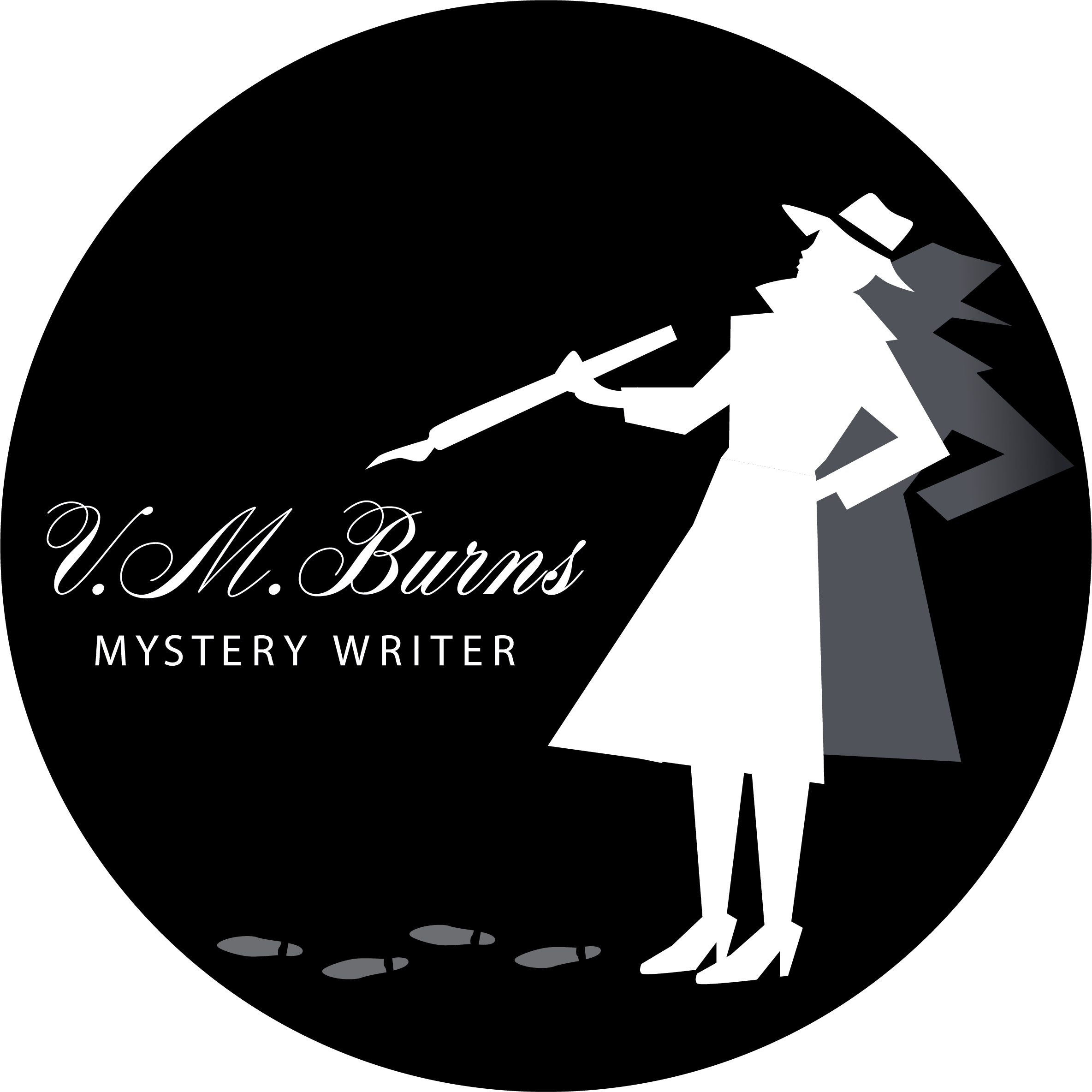I don’t allow myself to read for pleasure when I’m under a deadline, and I’m under a deadline. Well, I don’t read much, anyway. However, I still need my cozy mystery fix. So, I watch a LOT of cozies on television at night, thank God for Britbox and Accorn. Recently, I’ve started watching or re-watching, the Adventures of Sherlock Holmes with Jeremy Brett as Sherlock Holmes. I’ve seen quite a few versions of Sir Arthur Conan Doyle’s detective over the years including: Benedict Cumberbatch, Basil Rathborne, Robert Downey Jr., and a host of others. I’ve also read most (if not all) of the books. I’ve even watched documentaries that feature real investigators, scientist and doctors who were influenced by the fictional detective. I’ll even come out of the closet and admit publicly that when I went to London the first time, I went to the Sherlock Holmes Museum at 221b Baker Street. Yes, I know Sherlock Holmes is NOT real. So, the idea that there is an apartment which has been preserved to represent a fictional detective is a bit…strange. Nevertheless, for Holmes fans, it was a pleasant excursion (don’t judge). Sherlock Holmes has resonated with mystery lovers for over a century. In fact, mail is still sent to the detective (boy, that might make a great mystery. The museum curator for 221b Baker street opens and responds to mail in the name of the detective using his methods…hmm…maybe, but I digress). My point is, that Sherlock Holmes is a widely known, well-respected and relevant character.
When I was working on my MFA in Writing Popular Fiction, we read The Hound of the Baskervilles for one of my classes (it’s a tough life, but somebody’s got to do it). Having read the book and seen several versions in film, I expected to coast through this. However, reading for pleasure and reading critically are two totally different things (if you’re not careful, it can ruin your enjoyment of a good book). One of the things that I recall after re-reading the book was how…cruel Sherlock Holmes seemed in the book. When you watch a film adaptation of a book, many things are changed. In addition to the producers need to make the story visual, films also include the actor’s influence. Words on a page can be cold and impersonal. However, an actor, like Jeremy Brett, is tasked with bringing a fictional character alive. The actor can take a phrase such as, “The past and the present are within my field of inquiry, but what a man may do in the future is a hard question to answer.” (Chapter 15). Based on his accent, attitude and body language the actor can make the phrase comical or give it a sense of foreboding and doom.
In my recent viewing, I felt Jeremy Brett made the detective less robotic and more humane. I have to admit, I get an attitude when I read these lines: “I am afraid, my dear Watson, that most of your conclusions were erroneous. When I said that you stimulated me I meant, to be frank, that in noting your fallacies I was occasionally guided towards the truth. Not that you are entirely wrong in this instance” (Chapter 1). To be honest, when I read that, I thought Sherlock Holmes was a bit of a…meany. Yet, when I watched the performance, the actor’s eyebrows, a soft expression and kind eyes, showed me a kinder side to Sherlock which made him more likeable (whether that was Sir Arthur Conan Doyle’s intent remains to be seen). Yet, I have to say that re-watching the Jeremy Brett interpretations of the great detective have made me appreciate the nuances of his character. Now, about that museum curator turned Sherlockian sleuth… that definitely has possibilities.
